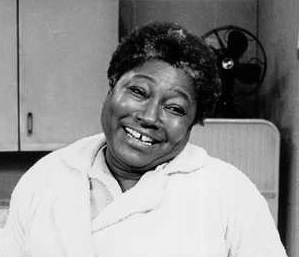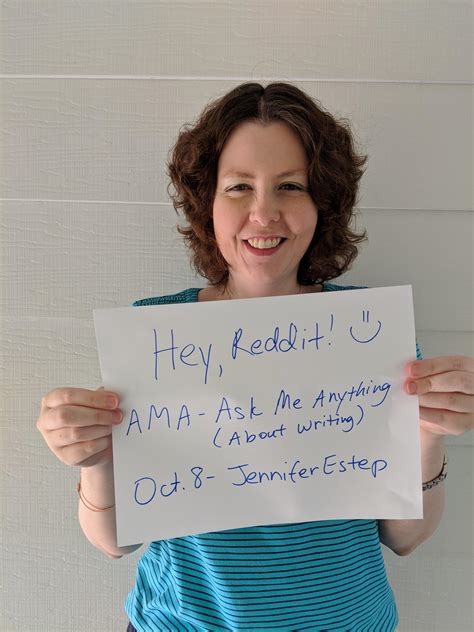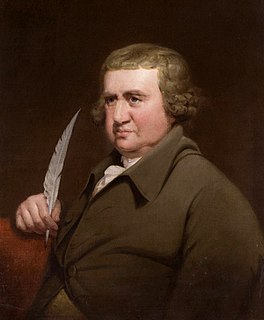A Quote by Henry Fielding
Related Quotes
To the pure geometer the radius of curvature is an incidental characteristic - like the grin of the Cheshire cat. To the physicist it is an indispensable characteristic. It would be going too far to say that to the physicist the cat is merely incidental to the grin. Physics is concerned with interrelatedness such as the interrelatedness of cats and grins. In this case the "cat without a grin" and the "grin without a cat" are equally set aside as purely mathematical phantasies.
Individuality in universality is the plan of creation. Each cell has its part in bringing about consciousness. Man is individual and at the same time universal. It is while realising our individual nature that we realise even our national and universal nature. Each is an infinite circle whose centre is everywhere and circumference nowhere. By practice one can feel universal Selfhood which is the essence of Hinduism. He who sees in every being his own Self is a Pandita (sage).
'Hollywood maids' are so idiotic. They grin at everything. I told Norman Lear I didn't want to play a maid because of that 'hee-hee/grin-grin' attitude, and he said, 'Who said I wanted that?' He told me he wanted two strong women that are the black and white of the same coin. I said, 'Oh, well - in that case, I'll be right there!'
Hence when a person is in great pain, the cause of which he cannot remove, he sets his teeth firmly together, or bites some substance between them with great vehemence, as another mode of violent exertion to produce a temporary relief. Thus we have the proverb where no help can be has in pain, 'to grin and abide;' and the tortures of hell are said to be attended with 'gnashing of teeth.'Describing a suggestion of the origin of the grin in the present form of a proverb, 'to grin and bear it.'
There are many reasons, of course, why someone might snap their fingers and grin. If you heard some pleasing music, for instance, you might snap your fingers and grin to demonstrate that the music had charms that could soothe your savage breast. If you were employed as a spy, you might snap your fingers and grin in order to deliver a message in secret snapping-and-grinning code.
Why should anyone be afraid of change? What can take place without it? What can be more pleasing or more suitable to universal nature? Can you take your bath without the firewood undergoing a change? Can you eat without the food undergoing a change? And can anything useful be done without change? Don't you see that for you to change is just the same, and is equally necessary for universal nature?
Nothing comes to pass in nature, which can be set down to a flaw therein; for nature is always the same, and everywhere one and the same in her efficacy and power of action: that is, nature's laws and ordinances, whereby all things come to pass and change from one form to another, are everywhere and always the same; so that there should be one and the same method of understanding the nature of all things whatsoever, namely, through nature's universal laws and rules.
Eating, drinking, dying - three primary manifestations of the universal and impersonal life. Animals live that impersonal and universal life without knowing its nature. Ordinary people know its nature but don't live it and, if they think seriously about it, refuse to accept it. An enlightened person knows it, lives it, and accepts it completely. He eats, he drinks, and in due course he dies - but he eats with a difference, drinks with a difference, dies with a difference.





































